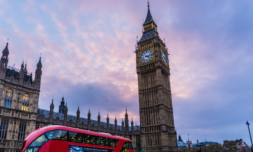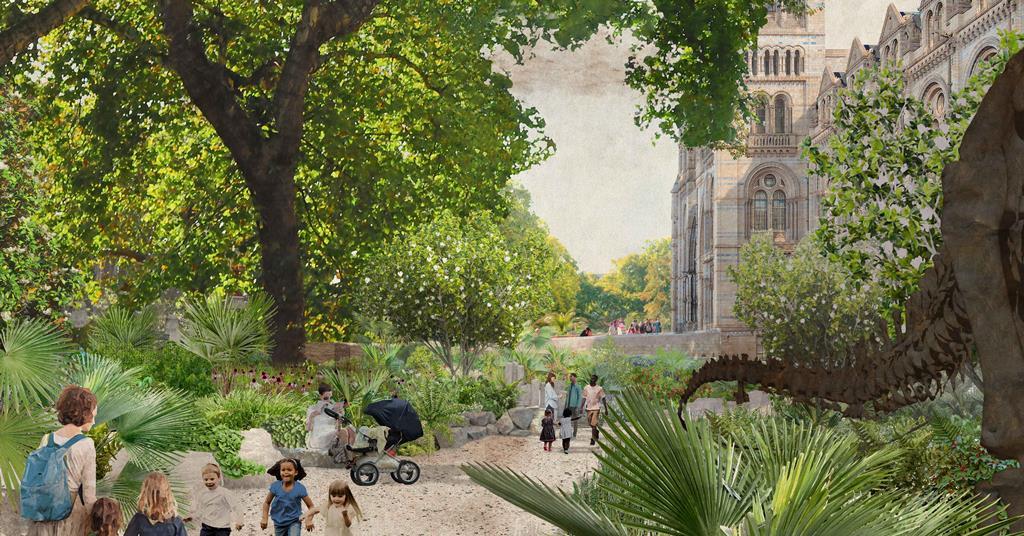Last week, leaders of British museums which showcase the history of our planet pledged to do their part to preserve its future at the first-ever joint commitment for collective action against the climate crisis.
It seems that climate protests happening inside the world’s most famous art museums are finally paying off.
National and regional museums in the UK are uniting to address the climate crisis through collective action, with a focus on sustainable collection management and finding ways to engage audiences on environmental issues.
This historic commitment was made during the inaugural UK Museum Cop held at Tate Modern in London last week, which brought together representatives from various museums, organizations in the sector, and funders.
Participants included museums and organisations from all over the country including Birmingham, Manchester, Bristol, Brighton, Leeds, Derby, Liverpool, York, Sheffield, and London. Also in attendance were national bodies from England, Wales, and Scotland.
Their effort follows a growing trend where leading museums and galleries, such as Tate, have severed sponsorship ties with fossil fuel companies in response to environmental campaigners’ pressure.
Earlier this year, the British Museum, – although not in attendance at the Museum Cop – announced that it had terminated its 27-year sponsorship deal with BP. Trustees of the museum heralded this move, saying it is important for institutions to deny ‘Big Oil the opportunity to look like a force for good in society.’






















